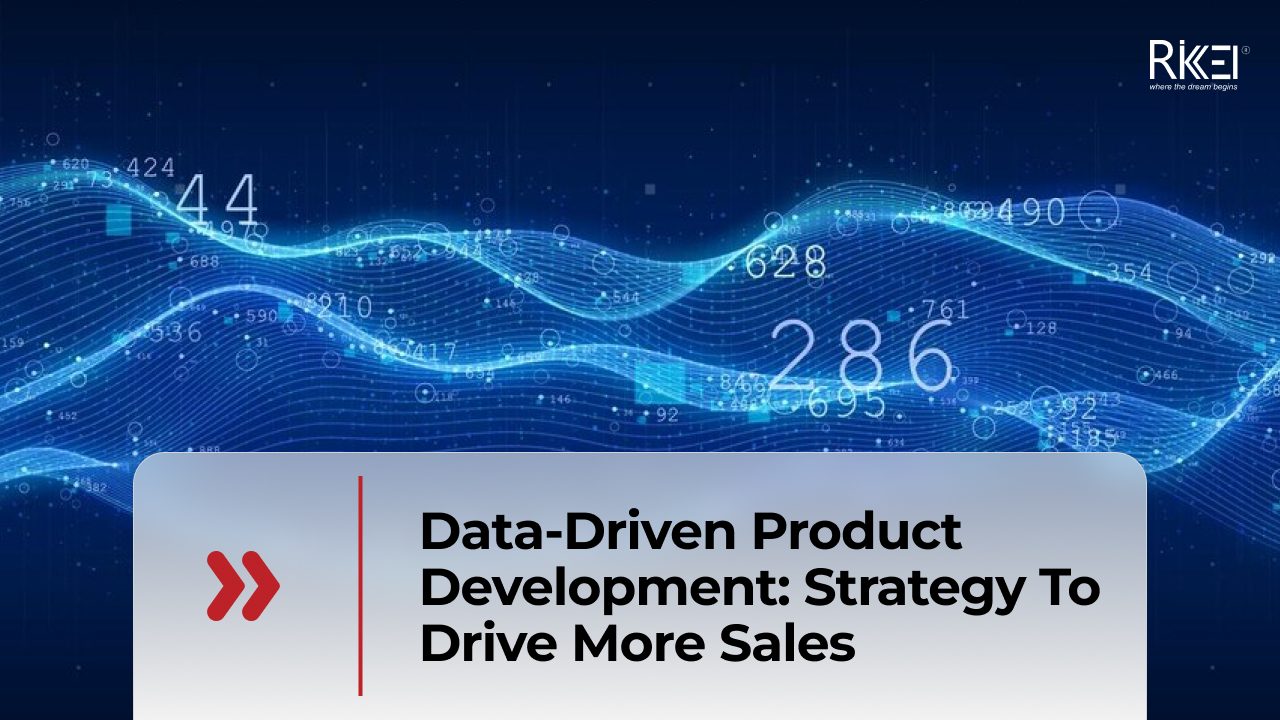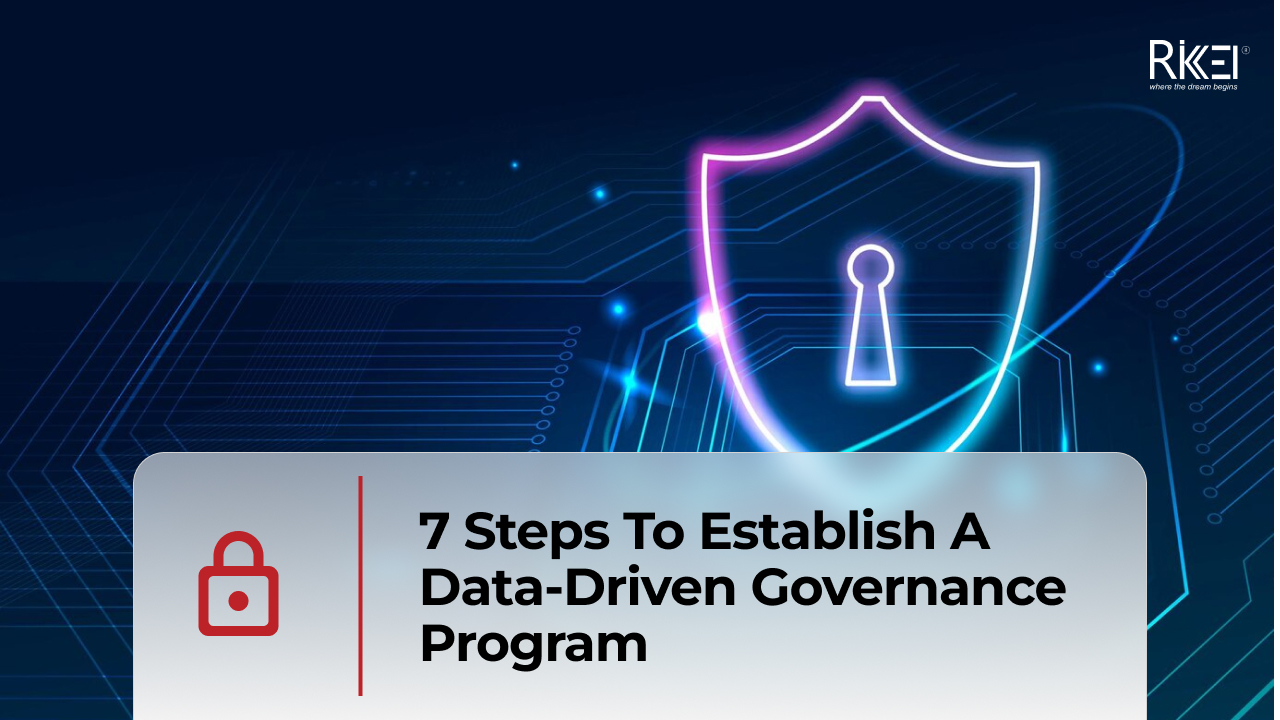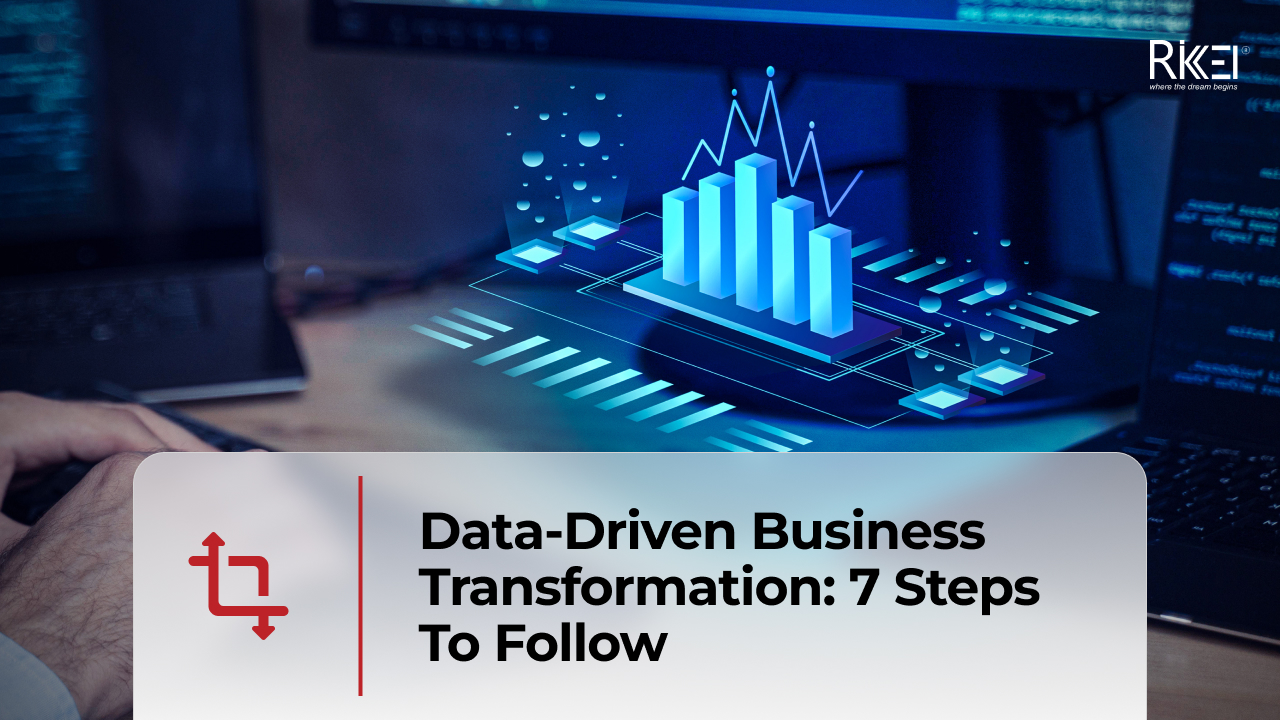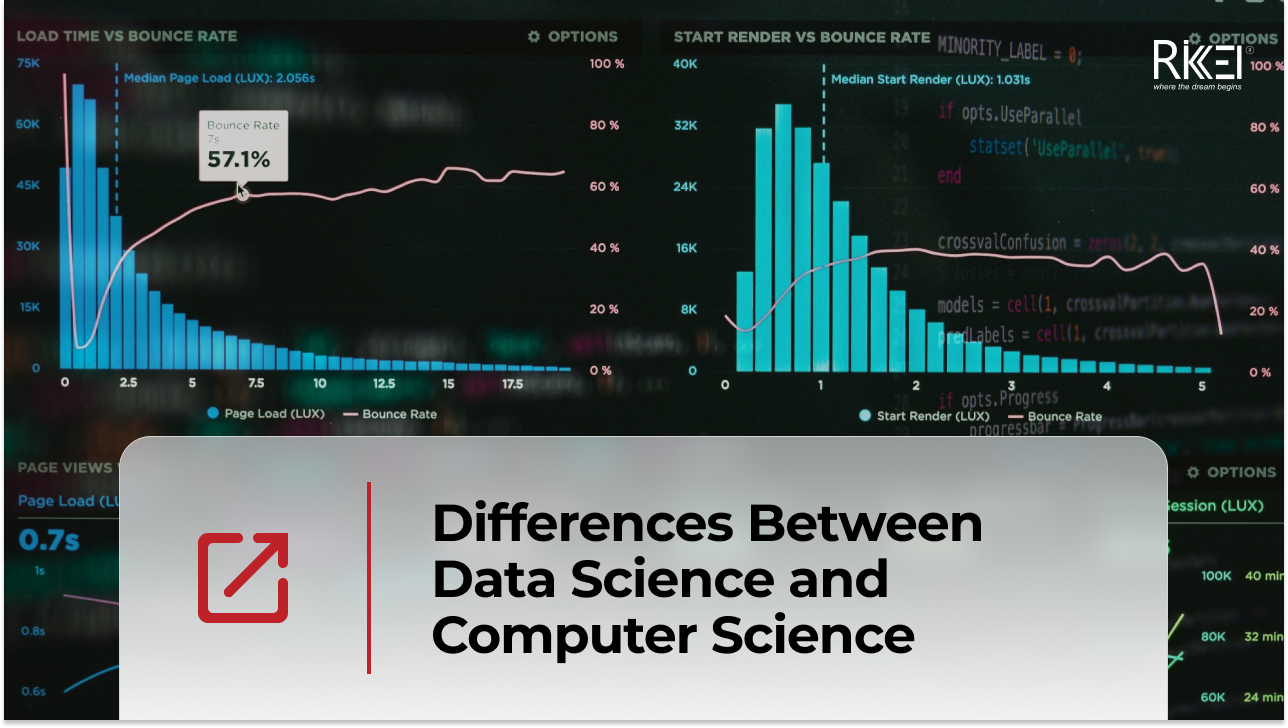Vietnam’s IT Sector: 5 Industries to Watch
- Vietnam’s information technology sector is experiencing high growth, driven by low costs and high-quality labor.
- Vietnam has now become the eighth largest provider of IT services globally.
- The IT industry is supported by the government with tax and labor incentives, further propelling its growth.
As Vietnam moves from low-tech manufacturing to a service-oriented economy, the country’s information technology (IT) market is increasingly gaining traction, giving competition to IT firms in China and India. This has partly been encouraged by the growth of Vietnam as a regional market for domestic enterprises and global technology vendors.
As Vietnam adopts Industry 4.0 across all industries, investors should consider the benefits of locating their IT business to the country. To understand such strong growth, and what is contributing to it, we examine five sub-sectors that show potential and are currently trending in Vietnam’s IT sector.
Fintech

Vietnam’s fintech industry is expected to reach US$7.8 billion in revenue by 2020. A rising middle class, growing internet usage, and a young population present a great combination for the fintech sector to thrive. An estimated 120 companies and brands cover a wide range of services, from digital payments to wealth management and blockchain.
Digital payments is the most popular segment, with mobile payment apps MoMo, Moca, and Zalo Pay leading the way. Peer-to-peer lending (P2P) is also becoming increasingly popular, with Tima, Growth Wealth, and Trust Circle among the most popular.
Blockchain and cryptocurrency is the third segment in this sector that is increasingly gaining traction. Several companies like TomoChain and Kyber Network deal in cryptocurrency, allowing consumers faster and cheaper transactions. In 2018, Vietnam held its first-ever international conference on blockchain and its potential for development in the country.
Artificial Intelligence

The artificial intelligence sector (AI) industry in Vietnam shows strong potential. While still developing, AI in the country has followed global trends in application to human resources, education, healthcare, agriculture, transport, and e-commerce.
A good example of how AI is being used domestically can be found in an one of the leading IT companies in Vietnam RIKKEISOFT , which has established its affliated company RIKKEI.AI to research and implement various projects applied AI. RIKKEI.AI has used AI in solving the problem of traffic jam, helping the disabled people, as well as contributing to E-government with Chatbot, Peeling tape.
In August, the government issued Resolution No.50-NQ-TW, encouraging FDI by increasing the number of businesses to 50 percent by 2025 in advanced technology and Industry 4.0 – this could help develop AI further.
E-Commerce

Vietnam’s e-commerce market could be ranked third after Indonesia and Thailand by 2025, according to the E-Business Index 2019 report by the Vietnam E-Commerce Association.
Vietnam’s e-commerce activity is most active in Hanoi and Ho Chi Minh City. However, developement and logistics costs remain challenges for e-commerce companies in the country. That’s why most Vietnamese corporations choose the third party – IT Outsourcing Company which can help them build e-commerce sits without spending large amount of money and effort. Over the last four years, RIKKEISOFT has gained trust and reliability from big corporations in building E-commerce sites, AWS E-commerce integration.
Software Outsourcing
Software outsourcing has gained traction over the last decade in Vietnam. According to a survey by US-based software vendor BetterCloud, 73 percent of organizations will use software outsourcing.Vietnam has emerged as a cheaper outsourcing destination compared to traditional markets, such as China and India. This helped the software industry reach revenues of US$8.8 billion in 2018, according to the Vietnam Software and IT Services Association.

The government is developing high-tech parks and is also offering several incentives to further the industry. For example, Da Nang has developed as a software outsourcing center, particularly for Japanese businesses. Recognizing the market’s demand, RIKKEISOFT has already expanded its branches to DaNang since 2016. The international enterprises are now easily accessing to RIKKEISOFT’s services in Hanoi, Hochiminh city, and Danang as well. In the near future, we are planning to expand our business to all the cities of Vietnam.
Education Technology
Vietnam’s education technology (Edtech) has received investments worth US$55 million in 2018. This investment is largely driven by Edtech centers’ ability to bridge the gap between traditional education environments and learning needs inspired by the private sector.
Most recently, Vietnamese startup Everest Education secured a US$4 million investment by a Hong Kong-based equity firm. Organizations like Everest Education provide tech-enabled personal learning through a network of centers and partner schools.
Vietnam’s kindergarten through grade 12 population is a large market with locals spending up to 40 percent of their disposable income on education. It’s no surprise that foreign investors from Japan, Singapore, South Korea, and Australia are showing interest.
Still, challenges exist, and Vietnam needs to develop large scale IT outsourcing to compete with global players. In addition, more attention will be needed to improve English speaking skills to cater to global firms.
Strong growth trajectory, supported by government
The government prioritizes investment in IT and incentivizes investment in this space. IT companies are eligible for a corporate income tax exemption for up to four years, followed by a 50 percent tax reduction for up to nine years. Subsequently, this is followed by a 10 percent CIT rate (compared to the traditional 20 percent for a period of 15 years). The government unveiled similar CIT incentives for computer programming activities as well, including a value-added tax of zero percent.
More From Blog

August 8, 2024
Data-Driven Product Development: Strategy To Drive More Sales
As a business owner, you want your products or services to be well-received upon launch. The most effective way to create a product that satisfies a broad range of customers is to gain insights into their needs and behaviors from the outset. The key lies in data-driven product development, a strategy that many companies have […]

August 8, 2024
7 Steps To Establish A Data-Driven Governance Program
While data-driven approaches significantly benefit organizations in various ways, failure to govern the huge data sets will hurt your business even more. Effective data management also ensures data quality and security. That’s why there is an increasingly high demand for data-driven governance programs. Continue reading for a detailed guide! What Is Data-Driven Governance? Surprisingly, many […]

August 8, 2024
Data-Driven Business Transformation: 7 Steps To Follow
Data empowers businesses to make well-informed decisions in different departments, like marketing, human resources, finance, and more. As a business owner, you should also employ data-driven approaches to skyrocket productivity and efficiency. If you are still new to this concept, scroll down for an in-depth guide on data-driven business transformation. What Does A Data-Driven Business […]

August 8, 2024
Data-Driven Security: Transforming Protection Through Analytics
Cybersecurity was once an afterthought for most organizations. But in today’s digital landscape, it has become mission-critical. With this transformation has also come a shift in how security decisions are made. Rather than relying solely on intuition and tradition, leading organizations are embracing data-driven strategies. By using metrics and insights around threats, vulnerabilities, and more, […]

August 8, 2024
Differences Between Data Science and Computer Science
Data Science and Computer Science are distinct fields overlapping in certain areas but have different focuses and objectives. The article below will help you clearly understand the differences and the close connection between the two fields. What is Data Science? Data Science is an interdisciplinary field that combines scientific methods, processes, algorithms, and systems to […]

August 8, 2024
How Real-Time Data Analysis Empowers Your Business
In today’s fast-paced business landscape, the ability to quickly make data-driven decisions has become a key differentiator for success. Real-time data analysis, the process of analyzing data as soon as it’s generated, has emerged as a powerful tool to empower business across industries. By leveraging real-time data analysis, organizations can gain timely and actionable insights, […]


